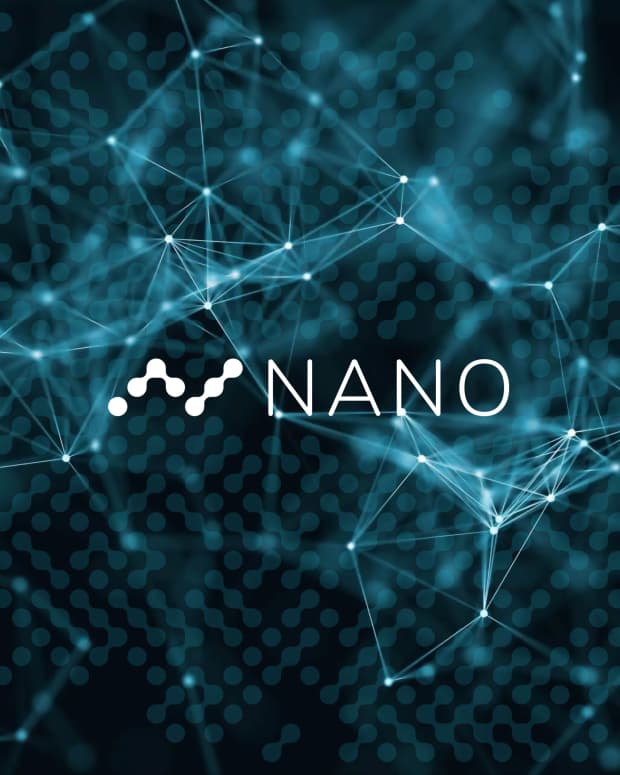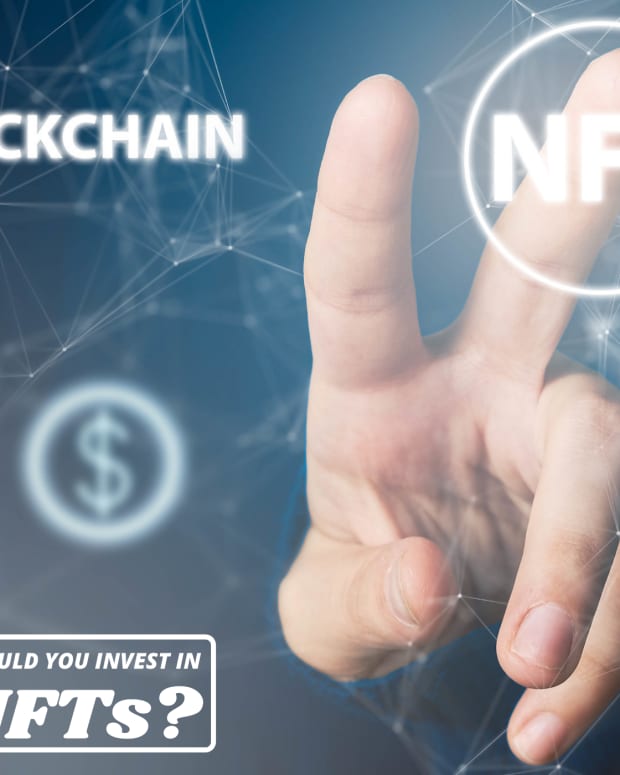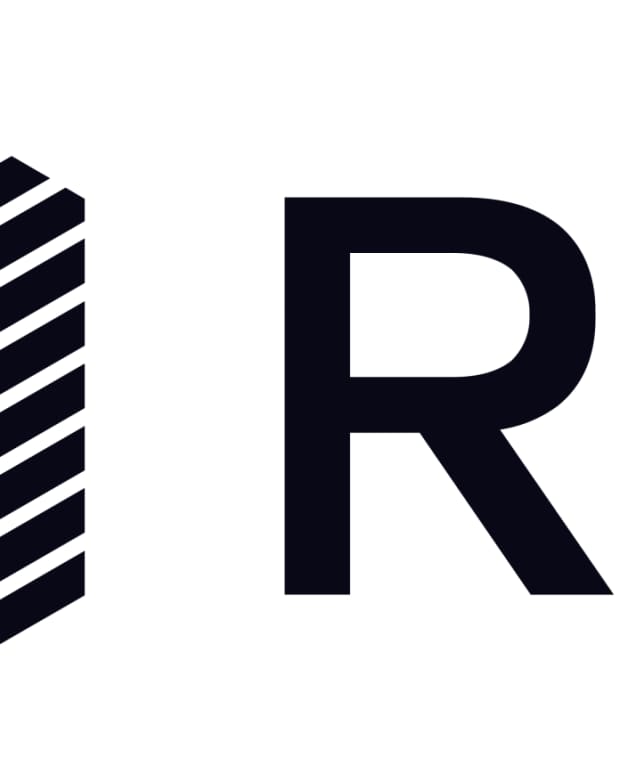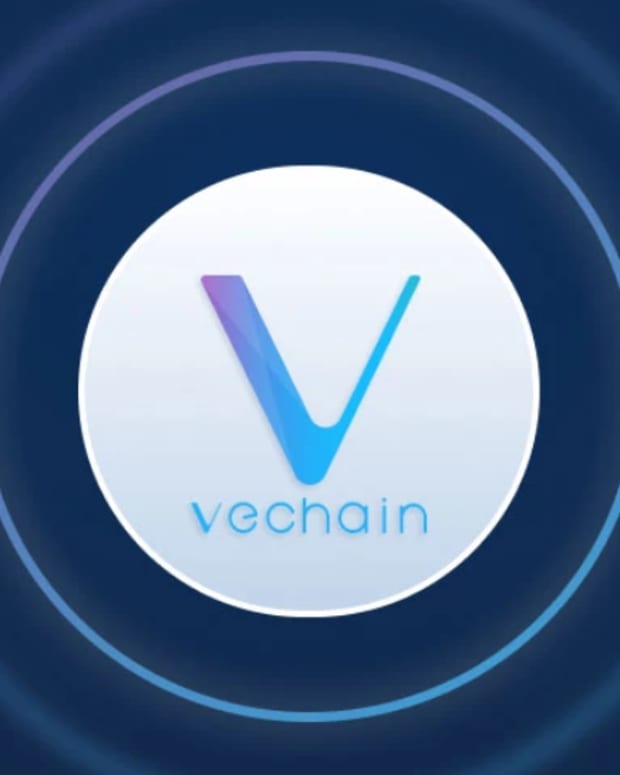Privacy Coins: What Is Monero XMR?
I have been fascinated by crypto for a long time now, and I enjoy sharing what I have learned about it on ToughNickel.
Monero (ticker XMR) was created in 2014 as a fork of Bytecoin, which is now an ancient name in the crypto community. In 2016, Monero was the most transacted cryptocurrency.
Monero is what most people believe Bitcoin is. It is a privacy coin, meaning it is a cryptocurrency focused on keeping transactions private and untraceable. Most people believe that Bitcoin transactions are private, but this isn't true.
What Is the Difference Between Bitcoin and Monero?
There is a difference between privacy and anonymity. If you want to keep transactions private, you don't want others to know where your money is going. But if you want to keep them anonymous, you don't care if they know where the money is going as long as they don't know who is spending it.
Anonymity vs. Privacy
比特币进攻rs some level of anonymity, and it may seem difficult to figure out who is behind that BTC address, but if somebody uses the same addresses for everyday payments, then you simply need to observe them long enough to figure out who they are.
Just by observing your spending habits, we all could find out where you live, what you like, how much money you spend on certain thing, etc. Such information can be abused by people who want to take advantage of you. For example, if I was a casino manager, and your spending habits told me that you have a gambling addiction, then I would send you special offers to lure you into my casino.
Public Blockchains
If all of our transactions are visible on a public blockchain, then we will be annoyed by push notifications on our devices all the time. And even worse, if somebody dangerous has a personal grudge against you, they could find out where you live and how you spend your time.
Additionally, because all transactions are stored on a public blockchain, all of your friends could see how high your income is, and if you have a premium membership on an adult site, they could see that too. You just have to send them BTC once, and they will know how your BTC address and be able to see its entire history.
What Makes Monero Private?
With Monero, this couldn't happen, because it offers private transactions. Monero does this by creating fake transactions all the time. The cryptocurrency uses mechanisms called "Ring Signatures" and "Bulletproofs," which are a bit complex to understand. In simple terms, for every real Monero transaction, there are a dozen fake ones created, and nobody—except for the sender and the receiver—can tell the difference, so privacy is guaranteed. Anyone can send or receive Monero, and no outside observer can tell who sent it, who received it, or how much was sent.
Monero is not the only cryptocurrency with a privacy feature. For example, Zcash gives you the option to send ZEC with a transparent address or a shielded address, but Monero has the strongest privacy feature.
Mining Monero
Monero uses the proof-of-work consensus to validate its transactions, which means it can be mined, just like Bitcoin. However unlike BTC, Monero tries to stay decentralized.
Over 65% of all Bitcoin mining is done by China. This is a problem because all transaction fees go to the miners, meaning if somebody has a monopoly over mining, then that somebody will sooner or later gain all BTC thru fees.
Monero is trying to combat this. The proof-of-work algorithm that Monero uses is called RandomX, and it was made to work well with regular PCs. The creation of special mining hardware, like a mining rig, would be useless and offers little to no advantage. This means that normal people have a fair chance at mining XMR.
The Current State of Monero's Blockchain
Privacy can, of course, be used for illegal activities. because of that, there is a constant effort to shut down and delegitimize Monero. At one point, the IRS offered more than $600,000 as a bounty to anyone who could find a way to make Monero transactions traceable.
Prior to that, blockchain auditing and security firm CipherTrace announced that they were working together with U.S. Homeland Security to develop the world’s first Monero-tracking tool. However, the Monero development team has since responded that they are working on a new algorithm called "Triptych," which would protect users against this sort of tracking tool.
There have been attempts to shut the privacy of the blockchain down, but this also shows how high the demand for privacy really is. Nobody can tell if privacy coins like Monero will survive in the long term, but for now, there seems to be high demand for them.
Will the Monero's Value Explode Like Bitcoin's Did?
I doubt it. Bitcoin can't be used for everyday transactions, not only due to the lack of any privacy but also due to the insanely high fees and the long time it takes for a transaction to be validated. Yet, Bitcoin still became this valuable—not despite all its flaws but because of them.
A Bitcoin transaction costs more than $20, meaning that nobody will spend BTC on $50 worth of products. This forces people to hold on their coins until they have so many that they don't care about the fee anymore. It is only useful for large transactions.
Also, Bitcoin's transparency is an advantage for institutional investors. Banks can transfer BTC between one other, and it is easy to audit their transactions. This is also why Bitcoin ETFs will soon be a thing.
Bitcoin was designed to be used for anonymous peer-to-peer transactions, and it failed at its original goal, but the reasons why it failed made it the perfect store of value. BTC is not digital cash. Bitcoin is digital gold.
Monero的未来什么?
Monero, on the other hand, does exactly what BTC was supposed to do. That's why some people call it the "true Bitcoin." It does offer relatively cheap and fast transactions, as well as actual privacy. Those are great qualities that any crypto enthusiast adores.
However, those qualities also mean that Monero can be spent in small quantities and that users aren't forced to hold. The privacy feature also makes audits impossible, meaning that institutional investors will likely never invest in Monero.
Personally, I love the concept, but I don't believe that Monero will grow in value as much as some other crypto projects have. BTC’s complete transparency is an issue for the average Joe, as there is a demand for some level of privacy in spending money, so maybe the demand for Monero will start to grow as crypto becomes more mainstream.
This article is accurate and true to the best of the author’s knowledge. Content is for informational or entertainment purposes only and does not substitute for personal counsel or professional advice in business, financial, legal, or technical matters.
© 2021 Krypton Currency




















